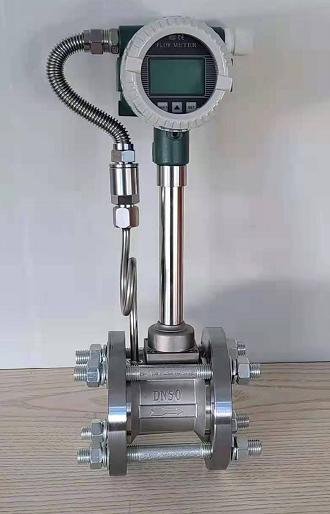Evaluating Material Strength with a Tensile Testing Machine for Accurate Results
The Importance of Tensile Testing in Material Science
Tensile testing, also known as tension testing, is an essential procedure used in material science and engineering to evaluate the mechanical properties of various materials. It involves stretching a sample material to determine its behavior under tension, which ultimately provides crucial data on its strength, ductility, and elasticity. This testing method is a fundamental aspect of material characterization and has vast applications in industries such as manufacturing, construction, and aerospace.
At the core of tensile testing lies the use of a tensile tester, an apparatus specifically designed to apply a uniaxial force to a specimen until it deforms or breaks
. Typically, the specimen is shaped into a standardized form, often as a dog bone or a cylindrical shape, to ensure consistent and reproducible results. The tensile tester pulls the material at a constant rate, recording the applied force and the corresponding elongation of the specimen until failure occurs.One of the primary outcomes of a tensile test is the determination of the ultimate tensile strength (UTS), which measures the maximum stress that a material can withstand while being stretched before breaking. The stress-strain curve is generated during the test, illustrating the relationship between the applied stress and the resulting strain. This curve contains essential information, including the yield strength, fracture point, and elongation percentage, which indicates how much a material can stretch before failure.
Yield strength is particularly significant; it represents the amount of stress a material can endure before it deforms permanently. This property is crucial in engineering applications where materials must maintain their shape under load. For instance, in construction, materials such as steel must exhibit high yield strength to support heavy loads without permanent deformation, ensuring the safety and stability of buildings and bridges.
tensile tester

Moreover, elongation percentage is another critical factor derived from tensile testing. It quantifies a material's ductility, or its ability to deform under stress without breaking. Ductile materials can absorb energy and undergo significant deformation before failure, making them desirable in applications where flexibility and resilience are paramount. Conversely, brittle materials, which exhibit low elongation percentages, tend to fracture with little warning under tensile stress, making them less suitable for dynamic applications.
Tensile testing also plays a vital role in quality control and assurance during the manufacturing process. By establishing a baseline of material properties through standardized tests, manufacturers can ensure that their products meet specific safety and performance standards. This is particularly true in industries such as aerospace, where the reliability of materials is crucial for the safety of aircraft and their passengers.
In addition to mechanical properties, tensile testing can also provide insight into the material's microstructure, which can significantly influence its performance. For example, different heat treatments can alter the tensile properties of metals, allowing for optimization of strength and ductility according to specific application requirements. Understanding these relationships helps engineers design materials with tailored properties suitable for a wide range of applications.
Finally, with advancements in technology, modern tensile testers come equipped with software that can analyze and interpret data more efficiently. This capability allows for more detailed material characterization, including real-time monitoring and automated reporting, streamlining the testing process while enhancing accuracy.
In conclusion, tensile testing is an indispensable method in material science that provides vital information about a material's mechanical properties. By understanding these properties, engineers and manufacturers can make informed decisions about material selection and application, ultimately leading to safer and more efficient designs in various industries. Whether it’s constructing skyscrapers or developing the latest aerospace technology, tensile testing ensures that materials perform as expected under load, contributing significantly to the reliability and longevity of our built environment.
-
Why the Conductor Resistance Constant Temperature Measurement Machine Redefines Precision
NewsJun.20,2025
-
Reliable Testing Starts Here: Why the High Insulation Resistance Measuring Instrument Is a Must-Have
NewsJun.20,2025
-
Flexible Cable Flexing Test Equipment: The Precision Standard for Cable Durability and Performance Testing
NewsJun.20,2025
-
Digital Measurement Projector: Precision Visualization for Modern Manufacturing
NewsJun.20,2025
-
Computer Control Electronic Tensile Tester: Precision and Power for the Modern Metal Industry
NewsJun.20,2025
-
Cable Spark Tester: Your Ultimate Insulation Assurance for Wire and Cable Testing
NewsJun.20,2025
 Copyright © 2025 Hebei Fangyuan Instrument & Equipment Co.,Ltd. All Rights Reserved. Sitemap | Privacy Policy
Copyright © 2025 Hebei Fangyuan Instrument & Equipment Co.,Ltd. All Rights Reserved. Sitemap | Privacy Policy
